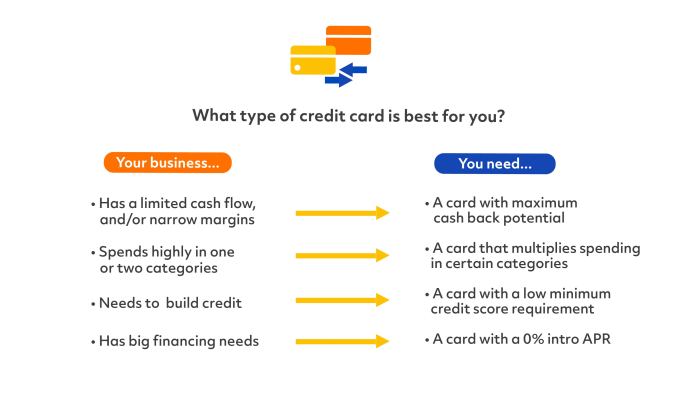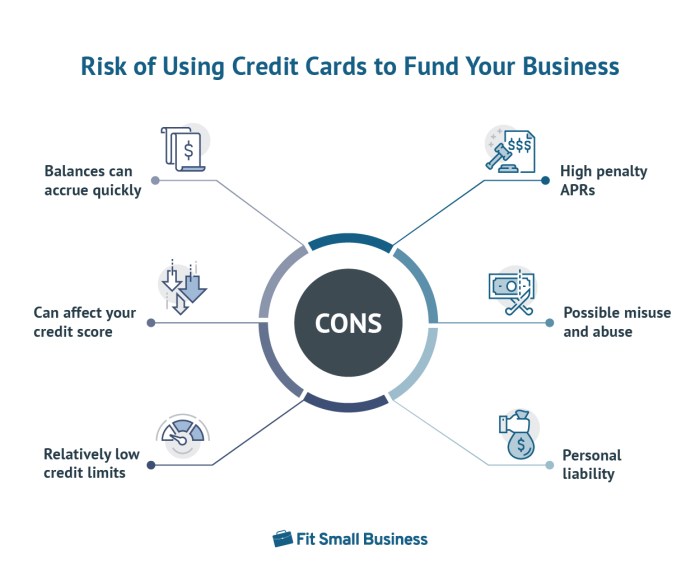How to Secure a Loan with Favorable Interest Rates and Terms
How to secure a loan with favorable interest rates and terms is a crucial skill in today’s financial landscape. Securing the best possible loan involves understanding your creditworthiness, exploring various loan options, and skillfully negotiating terms. This guide will equip you with the knowledge and strategies to navigate the loan application process successfully, ultimately helping you achieve your financial goals.
We’ll cover everything from improving your credit score to comparing loan offers and protecting yourself from predatory lenders.
From understanding your credit report and score to comparing different loan types and negotiating favorable terms, we’ll provide a comprehensive roadmap to help you secure the best possible loan. We’ll also delve into crucial aspects like managing repayments and avoiding predatory lending practices, ensuring you’re well-informed throughout the entire process. This guide will empower you to make informed decisions and achieve your financial objectives confidently.
Exploring Loan Options
Securing a loan with favorable interest rates and terms requires careful consideration of the various loan types available. Understanding the differences between these options is crucial for making an informed decision that aligns with your financial needs and goals. This section will explore several common loan types, highlighting their key features, typical interest rates, and representative lending institutions.
Different loans cater to different purposes and carry varying levels of risk and reward. Factors like credit score, loan amount, and loan term significantly influence the interest rate you’ll receive. It’s essential to compare offers from multiple lenders to find the best fit for your circumstances.
Personal Loans
Personal loans are unsecured loans, meaning they don’t require collateral. This makes them relatively easy to obtain, but typically results in higher interest rates compared to secured loans. They are versatile, suitable for various purposes like debt consolidation, home improvements, or medical expenses. Interest rates vary greatly depending on your creditworthiness, ranging from around 6% to 36% APR (Annual Percentage Rate).
Lenders such as LendingClub, SoFi, and Discover offer competitive personal loan options.
- Advantages: Versatile use, relatively quick approval process, no collateral required.
- Disadvantages: Higher interest rates compared to secured loans, potential for high debt if not managed responsibly.
Mortgages, How to secure a loan with favorable interest rates and terms
Mortgages are secured loans used to purchase real estate. The property itself serves as collateral, reducing the risk for lenders and typically resulting in lower interest rates compared to personal loans. Mortgage interest rates are influenced by factors like the prevailing market interest rates, your credit score, and the loan-to-value ratio (LTV). Rates can range from around 4% to 8% APR, but can vary significantly.
Major banks like Bank of America, Wells Fargo, and Chase, along with mortgage lenders like Rocket Mortgage, offer a wide range of mortgage products.
- Advantages: Lower interest rates than unsecured loans, large loan amounts available, tax deductibility of interest payments (in some cases).
- Disadvantages: Requires a significant down payment, long repayment terms, risk of foreclosure if payments are missed.
Auto Loans
Auto loans are secured loans used to finance the purchase of a vehicle. The vehicle itself acts as collateral. Interest rates depend on factors like your credit score, the loan term, and the make and model of the vehicle. Rates typically range from 3% to 18% APR. Banks, credit unions, and auto dealerships often offer auto loan options.
Examples of lenders include Capital One Auto Navigator, Ally Financial, and local credit unions.
- Advantages: Relatively easy to obtain if you have a good credit score, allows for immediate vehicle purchase.
- Disadvantages: Interest rates can be high, especially with poor credit, the vehicle can be repossessed if payments are missed.
Securing the Best Loan
Securing a loan with favorable interest rates and terms involves a multi-step process that requires careful planning and execution. Understanding each stage, from application to post-approval actions, significantly increases your chances of success. This section details the key steps to navigate this process effectively.The Loan Application ProcessApplying for a loan typically begins with researching different lenders and loan products to find the best fit for your financial needs and credit profile.
This research should include comparing interest rates, fees, repayment terms, and any other conditions. Once you’ve identified a suitable lender and loan type, the application process usually involves completing a detailed application form, providing supporting documentation (such as proof of income, employment history, and assets), and undergoing a credit check. Be prepared to answer questions about your financial history and the intended use of the loan funds.
Accuracy and completeness are crucial at this stage. Inaccurate or incomplete information can delay the process or even lead to rejection.Loan Approval ProcessAfter submitting your application, the lender will review your information to assess your creditworthiness. This involves analyzing your credit score, debt-to-income ratio, income stability, and the purpose of the loan. Lenders use various scoring models and algorithms to evaluate the risk associated with lending you money.
A higher credit score generally leads to better loan terms. The lender may also request additional documentation or clarification if needed. This stage can take several days or even weeks, depending on the lender and the complexity of your application. During this period, maintaining open communication with the lender can help expedite the process. For instance, promptly responding to any requests for further information demonstrates your commitment and responsibility.Reviewing Loan DocumentsBefore signing any loan documents, carefully review all terms and conditions.
This includes the interest rate, loan fees, repayment schedule, prepayment penalties, and any other associated costs. Don’t hesitate to ask questions if anything is unclear. Understanding all aspects of the loan agreement is essential to avoid unforeseen financial burdens. If you’re unsure about any clause, seek advice from a financial advisor or legal professional before signing.
This diligent approach ensures you are fully aware of your obligations and rights. For example, paying close attention to prepayment penalties can save you money in the long run if you anticipate paying off the loan early.Post-Loan Approval ActionsOnce your loan is approved, you’ll receive a loan agreement outlining the terms and conditions. Sign the agreement only after you’ve thoroughly reviewed it.
Next, you’ll likely receive the loan funds according to the agreed-upon disbursement schedule. It is vital to use the funds for their intended purpose as stated in your application. Finally, diligently manage your repayments to avoid late payments and potential penalties. Maintaining a good repayment history will positively impact your credit score and future borrowing opportunities.
For example, setting up automatic payments can help ensure timely repayments and prevent missed payments.
Successfully securing a loan with favorable interest rates and terms requires careful planning and a strategic approach. By understanding your credit score, exploring different loan options, and negotiating effectively, you can significantly improve your chances of obtaining a loan that meets your needs. Remember to always carefully review loan documents, manage repayments responsibly, and be vigilant against predatory lending practices.
With the right knowledge and preparation, you can confidently navigate the loan process and achieve your financial goals.
User Queries: How To Secure A Loan With Favorable Interest Rates And Terms
What is a good credit score for a loan?
Generally, a credit score above 700 is considered excellent and will likely result in the most favorable interest rates. However, lenders’ requirements vary.
How long does it take to get a loan approved?
Loan approval times vary depending on the lender and loan type. It can range from a few days to several weeks.
Can I refinance my loan to get a lower interest rate?
Yes, refinancing is an option if interest rates have dropped since you took out your original loan. However, there are fees associated with refinancing.
What happens if I miss a loan payment?
Missing a loan payment will negatively impact your credit score and may result in late fees and penalties. Contact your lender immediately if you anticipate difficulty making a payment.


